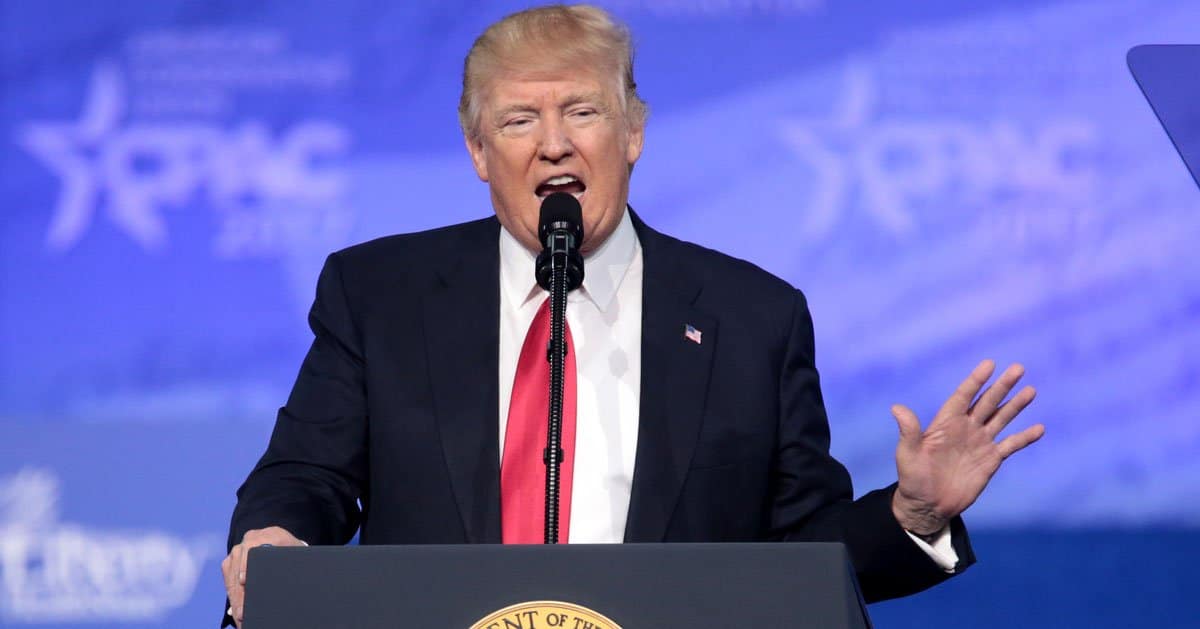








Vice President Kamala Harris is poised to certify President-elect Donald J. Trump's victory on January 6, 2025, as Democrats appear unlikely to challenge the electoral process despite some appeals for intervention from within the party according to Biz Pac Review.
Democratic leaders are emphasizing the necessity of upholding the democratic process, especially after the Supreme Court dismissed arguments for disqualifying Trump under the 14th Amendment.
As Harris prepares to certify Trump’s victory, this appears to end any talk of stopping Trump's election win by not certifying the election.
Despite facing criticism over earlier accusations of "insurrection," many Democrats have wisely chosen to keep quiet. Calls to challenge Trump's presidency using legal theories have been pushed but Democrats know they already killed that option four years ago.
Legal arguments from figures such as former editors of esteemed legal journals, including the Columbia Law Review and the Yale Law Journal, suggested Trump’s potential disqualification under constitutional grounds.
These arguments were considered by some Democratic leaders, notably Representative Jamie Raskin of Maryland. However, the Supreme Court effectively curtailed such efforts by dismissing the validity of these legal theories, directing focus back to the established electoral process.
Politico noted that Democrats do not intend to contest Trump’s clear electoral success. Vice President Harris, in accordance with historical precedent, plans to officiate the certification process based on legal and procedural requirements. This move signals respect for legal norms, contrasting starkly with the disruption witnessed during the January 6, 2021 proceedings.
The upcoming certification event symbolizes a return to conventional electoral practice. Representative Joe Morelle of New York articulated expectations for an uneventful transition, underscoring the public’s preference, “I think you’re going to have a pretty sort of normal transfer, and I think we will respect the wishes of the American people.”
Representative Pramila Jayapal of Washington, who previously engaged in symbolic protests in 2017, also expressed her reluctance to repeat such actions. She stressed the importance of not blurring the lines of democracy and legality, reinforcing the party’s collective stance against objecting to the electoral results.
Harris’s role in certifying Trump’s victory, despite her own defeat alongside President Joe Biden, serves as a potent symbol of the commitment to democratic principles. Politico has highlighted this as a dual moment of professional duty and civic tradition, noting Harris’s adherence to her prescribed role in this constitutional mandate.
Calls for disqualification on the grounds of alleged unconstitutional activities taken by Donald Trump have been fervently discussed.
Evan A. Davis and David M. Schulte articulated this perspective, citing evidence as "overwhelming." Nonetheless, these views have not translated into any actionable strategy against the certification process itself.
Moving forward, Harris’s aides have confirmed her intention to perform her duties, following the decorum established by previous vice presidents.
The adherence to legal frameworks underscores the party's strategic pivot from counterproductive political theatrics towards reinforcing institutional integrity.
Overall, the absence of anticipated drama during the certification will mark a significant shift from the turbulent experiences of the past. This moment will emphasize the resilience of America’s democratic processes, further bridging a commitment to lawful governance with historic precedence.
In many ways, this January 6 is poised to be distinct, not only for its adherence to legality but also for the shared acknowledgment by American political leaders of the vital importance of upholding democracy's most cherished traditions.
As Democrats step back from potential challenges, they allow the narrative to focus on the office over individuals, laying the groundwork for healing the nation’s divisive political landscape.



